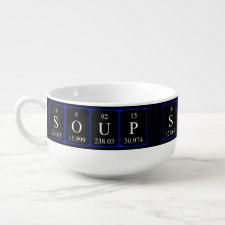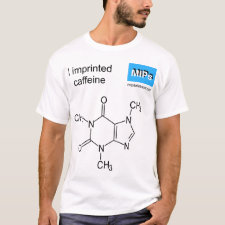
Authors: Lin CI, Chu WP, Joseph KA, Wong YC, Chang CK, Lee YD
Article Title: Molecularly imprinted polymeric beads for decaffeination.
Publication date: 2003
Journal: Journal of Medical and Biological Engineering
Volume: 23
Issue: (2)
Page numbers: 53-56.
Alternative URL: http://jmbe.bme.ncku.edu.tw/index.php/bme/article/viewFile/82/552
Abstract: Caffeine, which is found in beverages like coffee, tea and cocoa etc., is the substance that keeps us awake and pronounced drug having many side effects. Unfortunately, the existing technology for caffeine removal will sweep away the pleasant aromas and flavors. A new methodology for molecular imprinting of caffeine has been developed successfully based on suspension polymerization. Most imprinted polymers are prepared by bulk polymerization that are then ground and sieved to produce particles of the desired dimensions. In this study, Methacrylic acid (MAA)-Ethylene glycol dimethacrylate (EDMA) copolymer beads imprinted with caffeine have been prepared by suspension polymerization using water as a dispersing medium. We have taken excess amounts of caffeine and MAA in order to compensate its lose due to the high solubility in water. We could obtain beads having average size of 96 mm with an adsorption amount of 0.32 μmol/g, which is relatively a high value. Unlike MIPs made by other methods the beads obtained in this technique has the advantages such as no complicated grinding and sieving, no use of expensive fluorocarbon solvent and high reaction temperature. The as made imprinted beads do have significant potential for future applications.
Template and target information: caffeine



Join the Society for Molecular Imprinting

New items RSS feed
Sign-up for e-mail updates:
Choose between receiving an occasional newsletter or more frequent e-mail alerts.
Click here to go to the sign-up page.
Is your name elemental or peptidic? Enter your name and find out by clicking either of the buttons below!
Other products you may like:
 MIPdatabase
MIPdatabase









